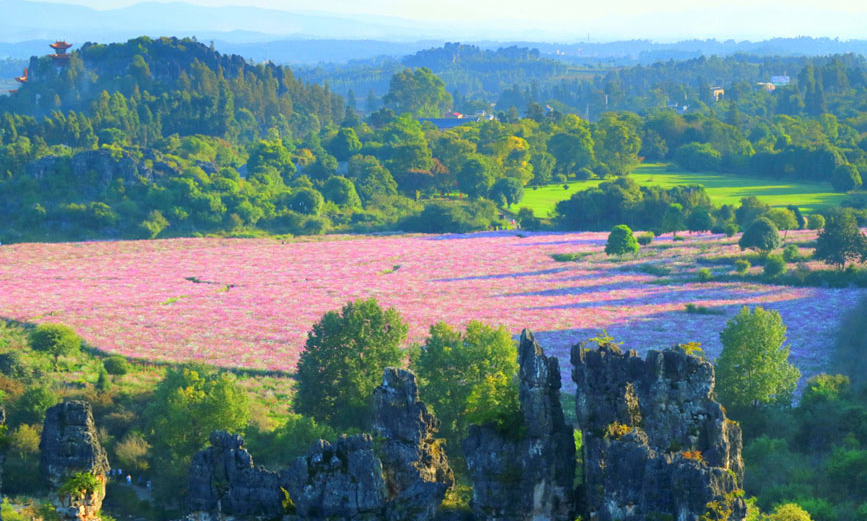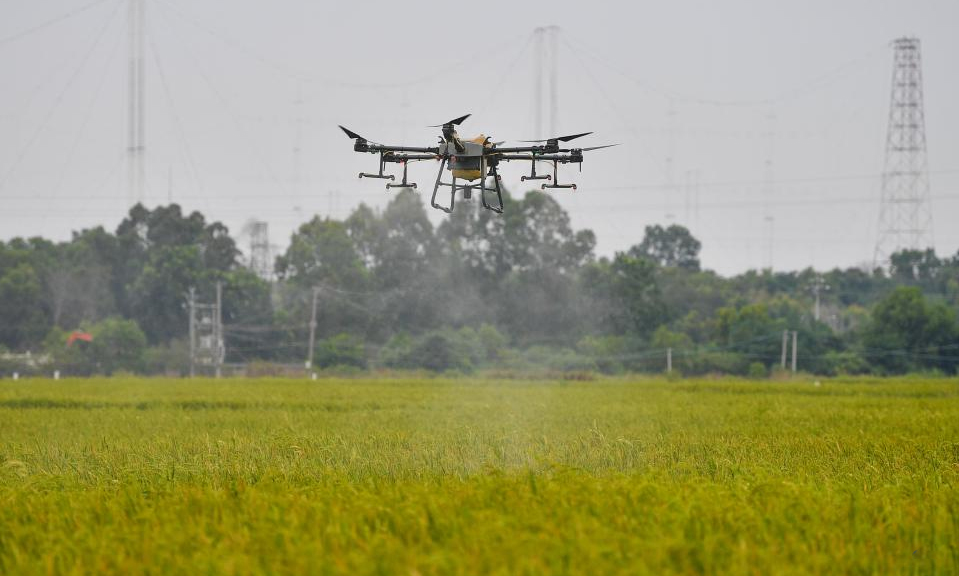Gold in bamboo forests: Anji county
(People's Daily App) 13:55, October 23, 2022
Anji county, a part of the hinterland of the Yangtze River delta, was once the poorest mountainous county in East China's Zhejiang Province.
To defeat poverty, the Anji authorities focused on developing industry and economic development.
Rapid economic growth was achieved at the price of environmental pollution.
Yucun, once the wealthiest village in the county, suffered dust and water pollution from its quarry and cement industries.
In 1998 the national environmental protection authorities gave a "yellow card" warning to Anji county and halted exploitation of the local environment.
Anji authorities gradually closed down the quarries, cement factories and other heavy-polluting companies.
On August 15, 2005, Xi Jinping, the then-secretary of the CPC Zhejiang Provincial Committee, proposed that "lucid waters and lush mountains are invaluable assets" (the "Two Mountains" theory) when visiting Yucun village in Anji.
Citing Xi's conviction and making use of its own natural resources, the Anji government chose green development. Anji built its own modern freight terminal, exported environmentally friendly furniture worldwide, and even created carbon sink for high energy-consuming enterprises to offset their carbon usage, which helped the county take the lead in economy again.
The story of Anji, where Xi's 'Two Mountains' theory was born, has transformed China and influenced the development direction of many other counties.
How did Anji transform its economic engine from polluting companies to a green industry? How did residents change their view of ecology? People's Daily reporter He Jieqiong visited the county to explore its transformation.
(Produced by Liang Peiyu, He Jieqiong, Huang Jingjing, Zhu Yingqi and Zhang Xiaoyang; Interns Wu Meixuan and Wu Yimeng also contributed to this story)
(Web editor: Zhong Wenxing, Hongyu)









